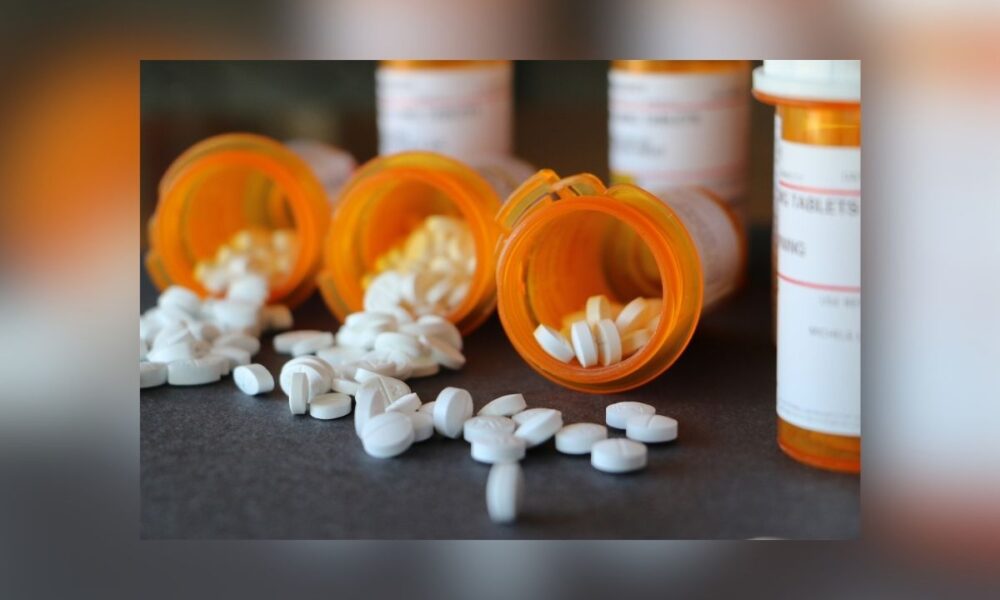The U.S. Treasury Department sanctioned two Indian nationals and an online pharmacy on Wednesday for flooding American streets with counterfeit pills laced with deadly fentanyl.
Federal officials targeted Sadiq Abbas Habib Sayyed and Khizar Mohammad Iqbal Shaikh, who allegedly supplied hundreds of thousands of fake prescription pills to U.S. victims while posing as legitimate pharmaceutical operators.
The sanctions strike at a growing threat: illegal online pharmacies that exploit desperate patients. Such operations contribute directly to the overdose crisis — the leading killer of Americans aged 18 to 45.
“Too many families have been torn apart by fentanyl. Today, we are acting to hold accountable those who profit from this poison,” said Under Secretary for Terrorism and Financial Intelligence John K. Hurley. He added that “Treasury will continue to advance President Trump’s commitment to Make America Fentanyl Free by targeting drug traffickers.”
The sanctioned men operated from India, working with Dominican and U.S.-based traffickers. They marketed counterfeit pills as legitimate pharmaceuticals through encrypted platforms. Mexican cartels also exploit these Indian suppliers to obtain precursor chemicals for their fentanyl labs, underscoring the global scope.
Shaikh owns KS International Traders, also known as “KS Pharmacy,” which the Treasury sanctioned. The site continued operating even after federal prosecutors indicted both men in September 2024.
The pills frequently contained fentanyl, analogues, or methamphetamine instead of the advertised medications. Buyers thought they were purchasing Oxycodone, Adderall, or Xanax from legitimate sources.
The DEA warned about illegal online pharmacies in October 2024, noting a surge in counterfeit pill shipments to unsuspecting U.S. consumers.
Wednesday’s sanctions freeze all U.S. property belonging to the designated individuals and company. Americans cannot conduct business with them without special authorization.
Treasury coordinated the action with the DOJ, DEA, and Homeland Security Investigations. The move is part of broader efforts under the U.S.-India Drug Policy Framework to combat international trafficking.
Fentanyl has fueled the synthetic opioid crisis that has killed hundreds of thousands of Americans. The sanctions aim to disrupt the financial networks enabling this deadly trade.
Despite federal charges, the sanctioned individuals continued selling. Their defiance underscores the challenge authorities face in shutting down international criminal enterprises.


